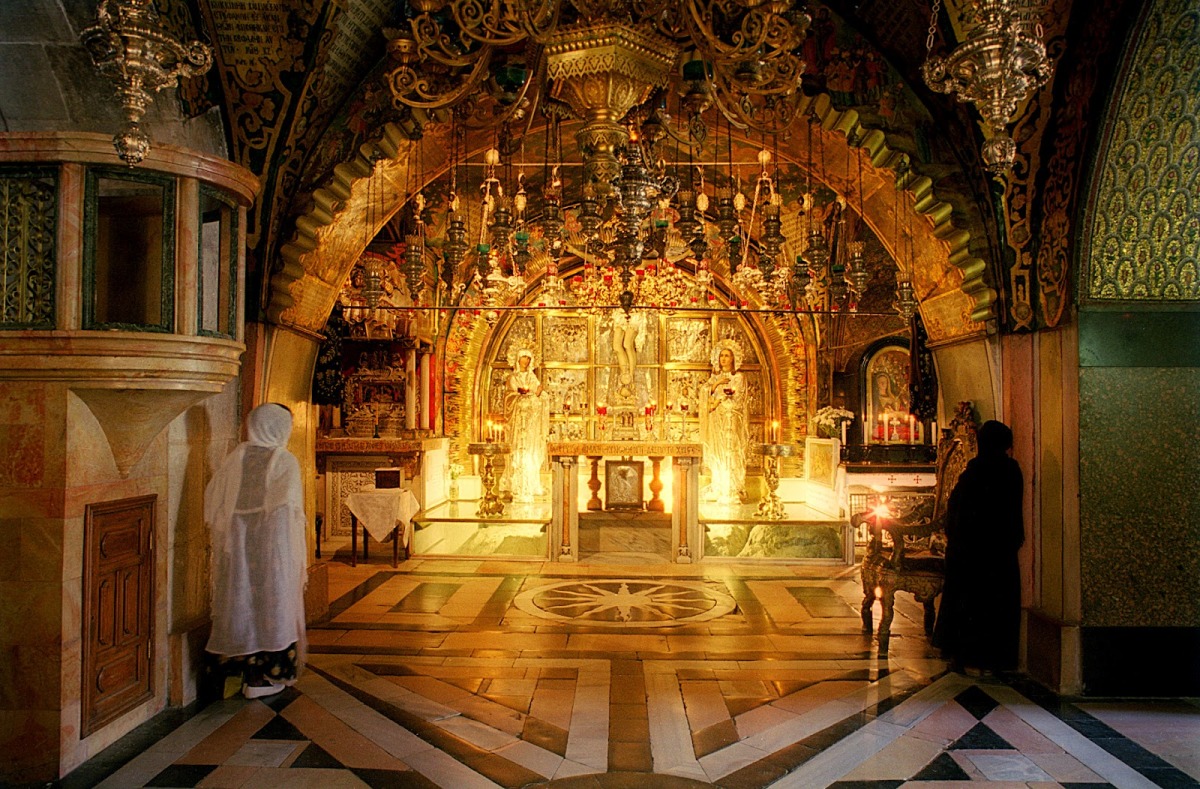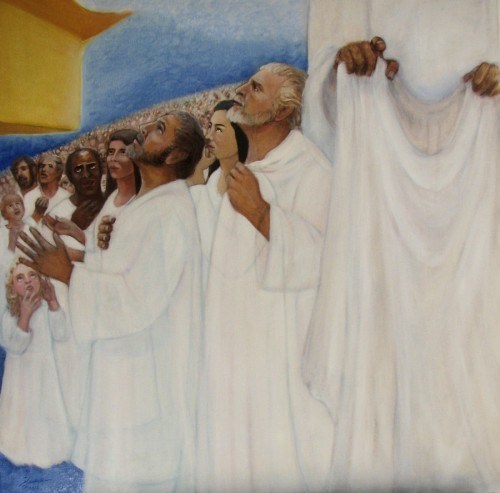There is a tradition common among several cultures that speaks about dying twice. The first is when you physically die. The second is when you are forgotten, and nobody speaks your name. Variations on this belief can lead to distinctive practices. For instance, some cultures will memorize their family tree. Others will mummify their ancestors and take them out for special occasions, or there will be some other form of ritual to ensure that the ancestor is remembered. The Disney movie, Coco, incorporates this idea. Is it necessary to be remembered? What happens if you are forgotten?
Unless you are somebody who is quite famous or infamous, it is guaranteed that people will eventually forget your name. I have had a lot of success with researching my family tree. One branch I can trace back to before 1000 AD with a decent amount of certainty. The other branches don’t go back so far. They are likely forgotten by all. Hundreds of millions and perhaps billions have lived and died and left no living memory of themselves. Perhaps it is why some might do horrible things in hopes of just being remembered.
Let’s make this clear. Eternal life is not just being remembered by someone. Eternal life is being remembered by God. God forsakes and forgets the damned. But the dead in Christ continue to exist and live in happiness in the presence of God with or without being remembered.
And as for the resurrection of the dead, have you not read what was said to you by God: 32 ‘I am the God of Abraham, and the God of Isaac, and the God of Jacob’? He is not God of the dead, but of the living.”
Matthew 22:31-32(ESV)
Is it a lack of faith that leads some to doubt that those who die can be alive elsewhere? I once went on a tour of Israel. At the Church of the Holy Sepulchre there is an area that holds the traditional place of Jesus’ crucifixion. The very place where Jesus died to win for us eternal life is encased by three altars. We were in the central chapel while a Roman Catholic tour group was in the chapel next to us. I overheard the priest say something like this, “I don’t know what eternal life is, but would like to think that is has something to do with being remembered.” I was dumbfounded by this dumb idea. Eternal life has nothing to do with being remembered and we should celebrate that fact.
It is nice to remember somebody. But I assure you that they probably don’t know if you remember them or not, and their existence is in no way diminished or enhanced if you do. Memory is for our benefit. We can learn from the past. We can have an important thankfulness for what people did to make our present possible. But only Christ makes eternal life possible.


